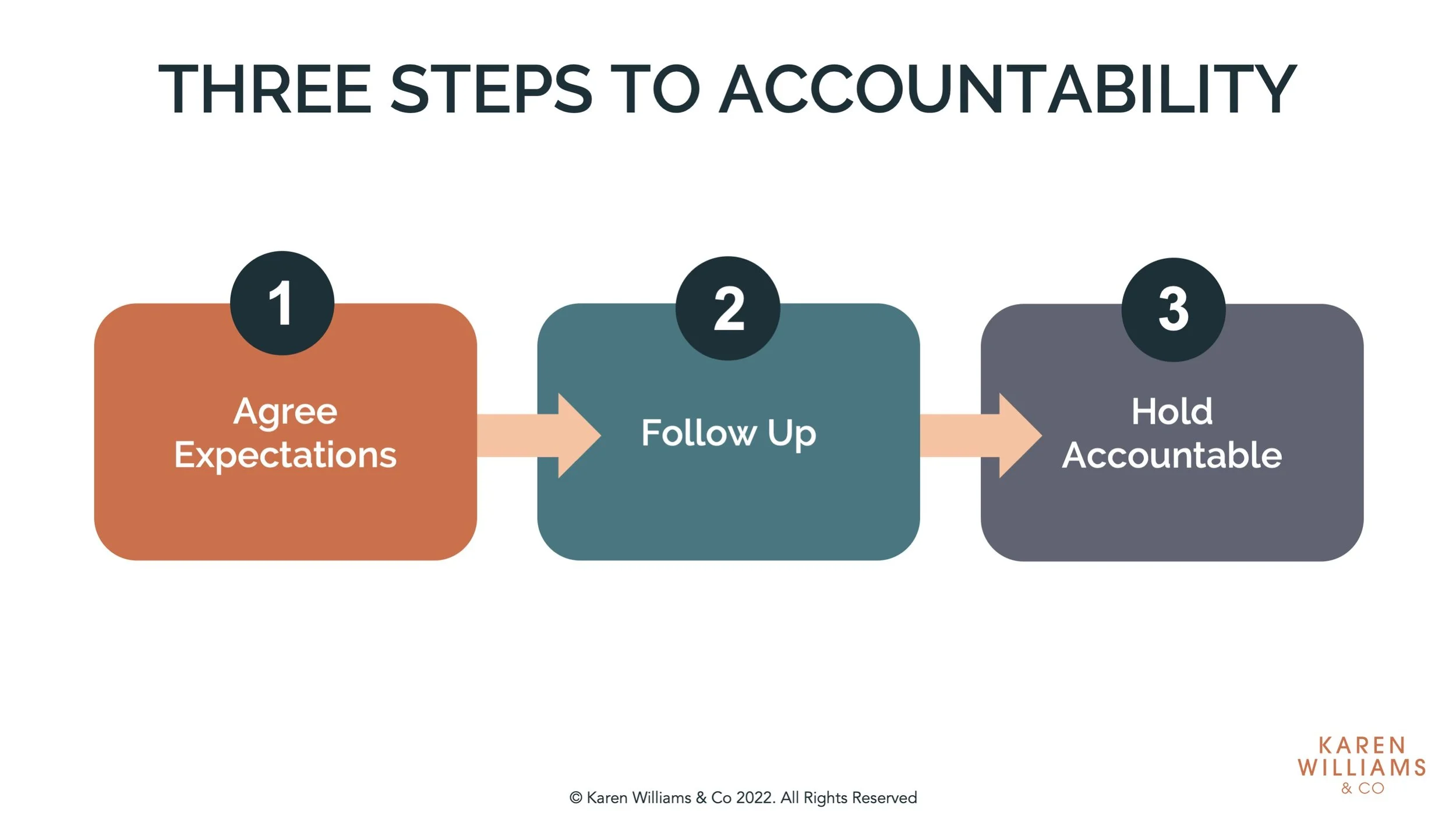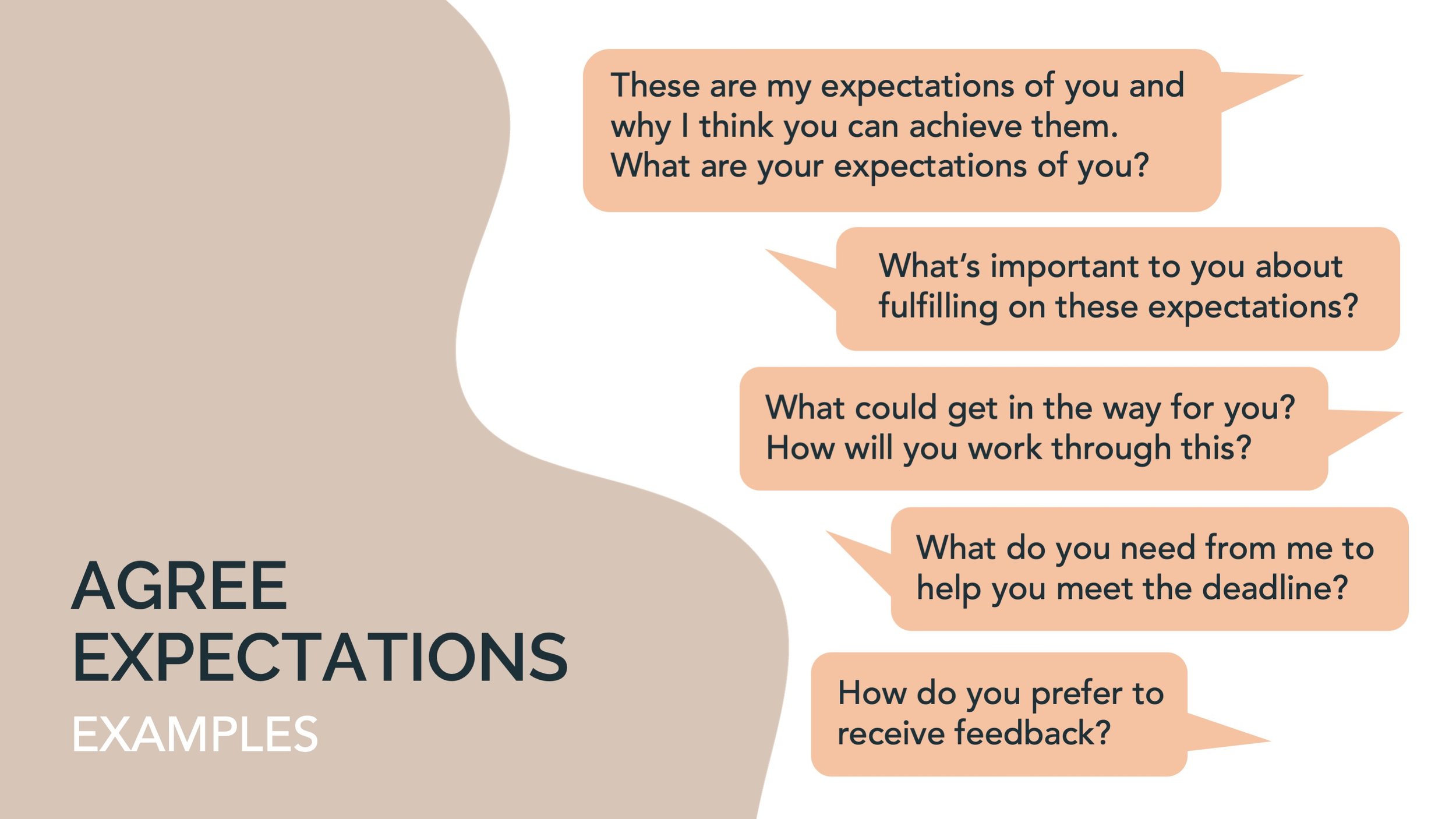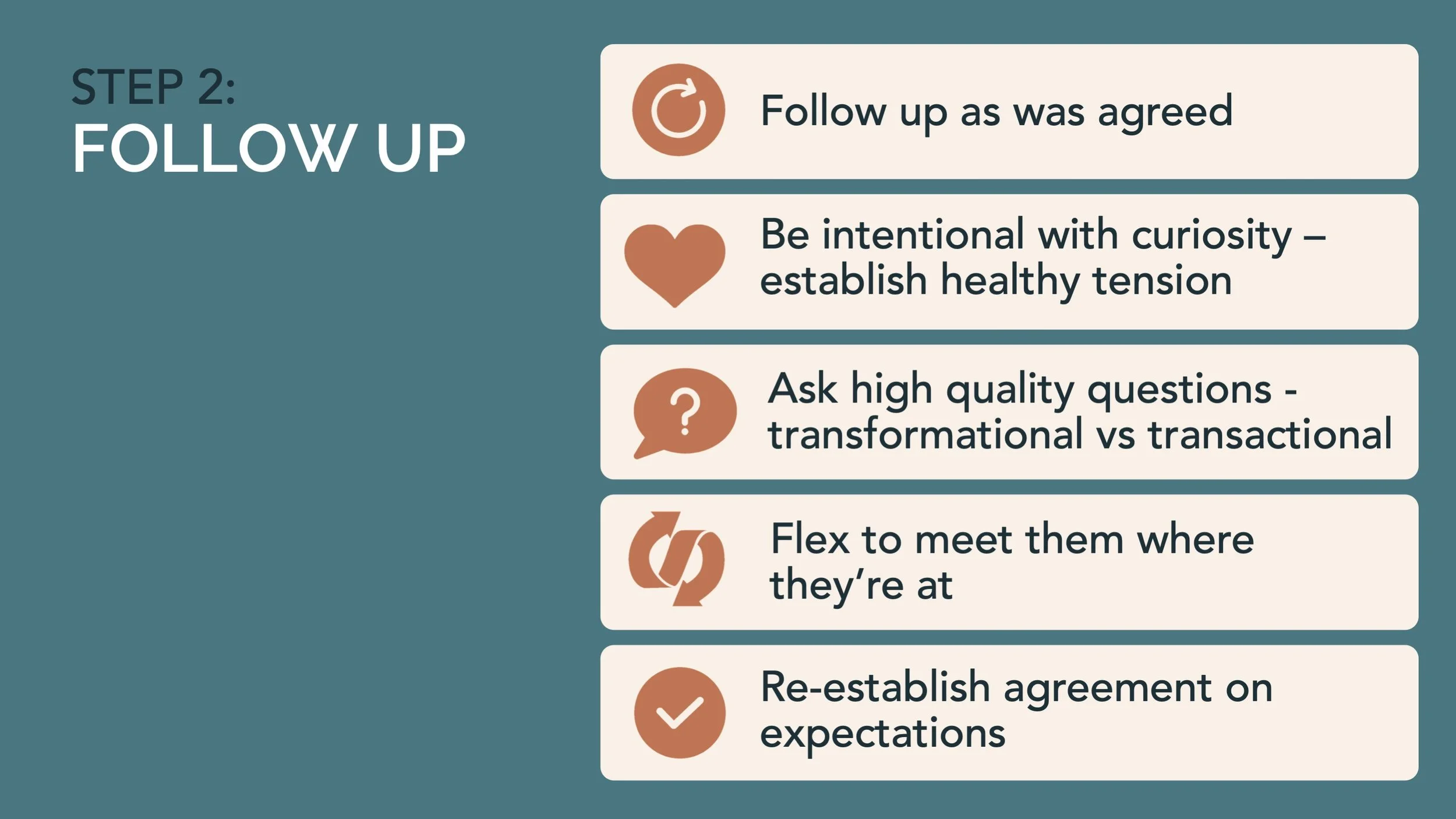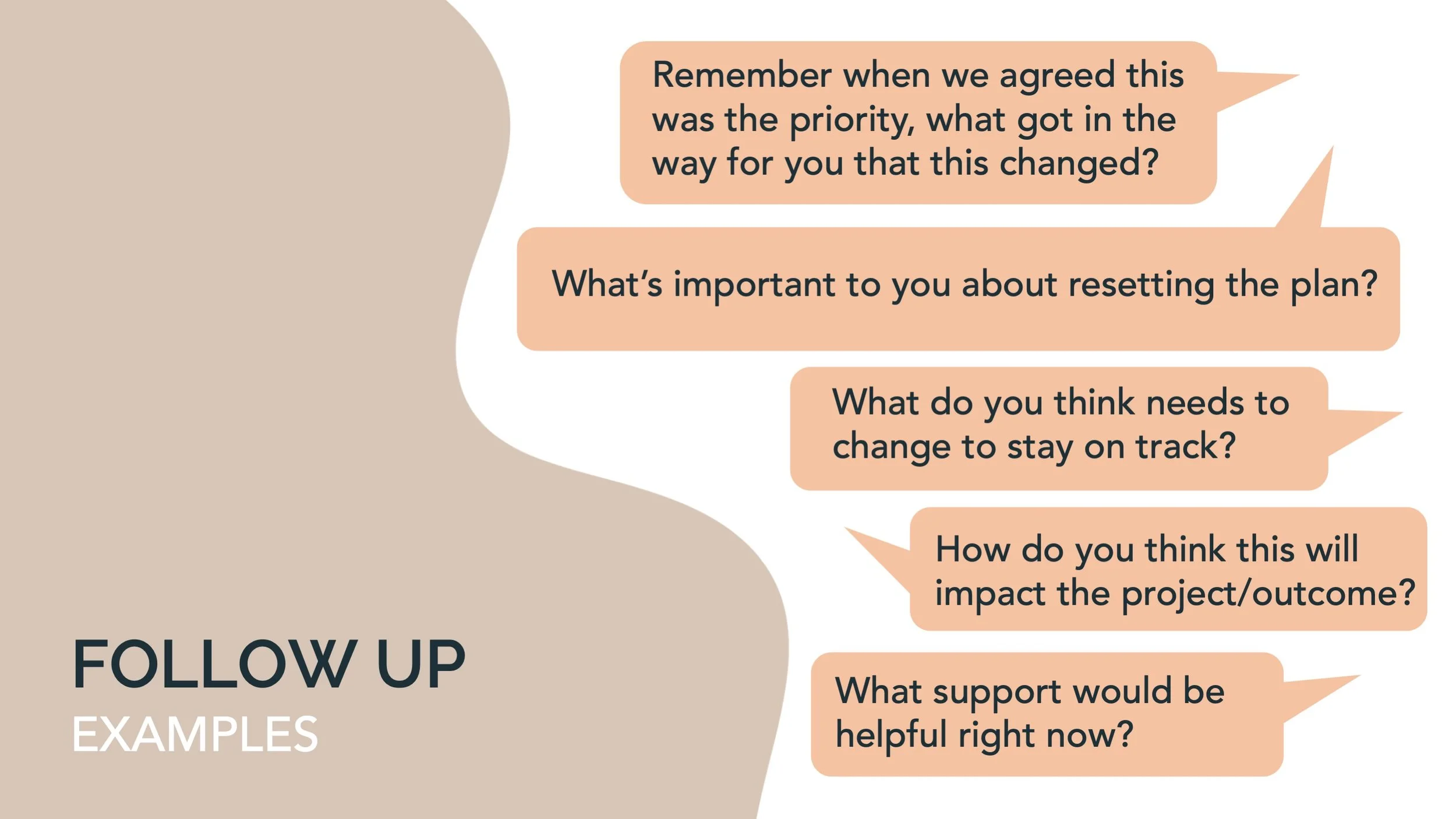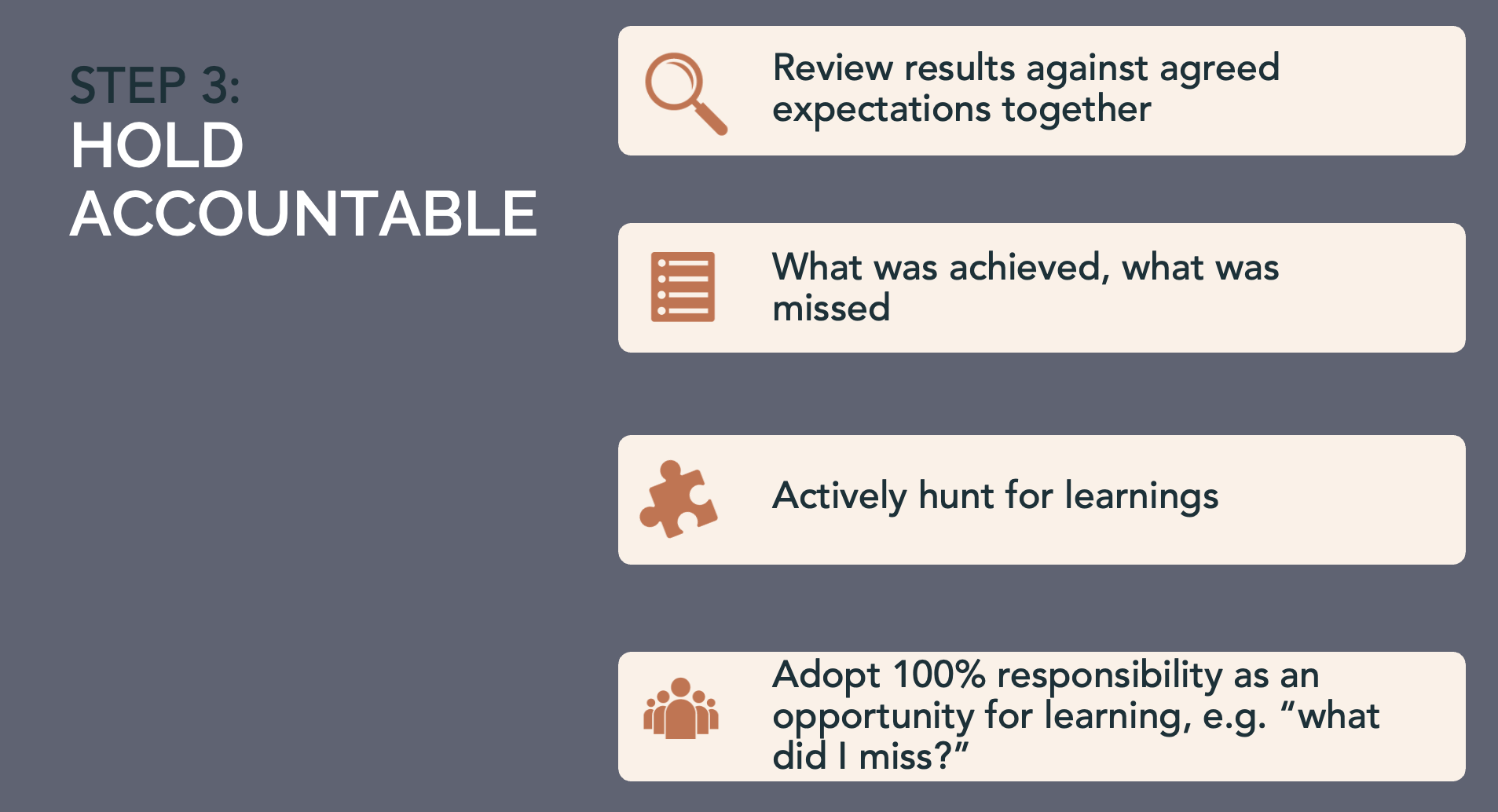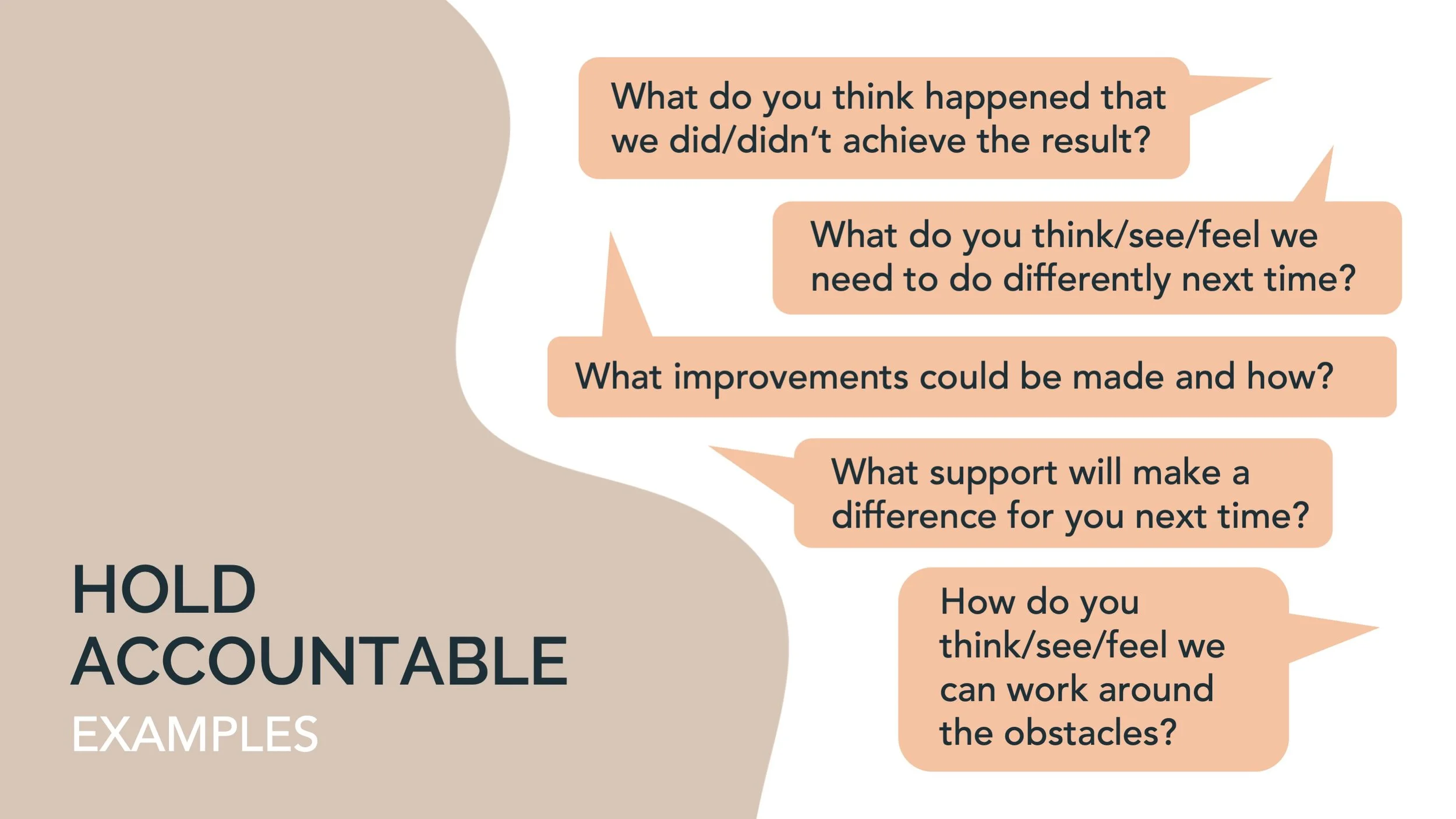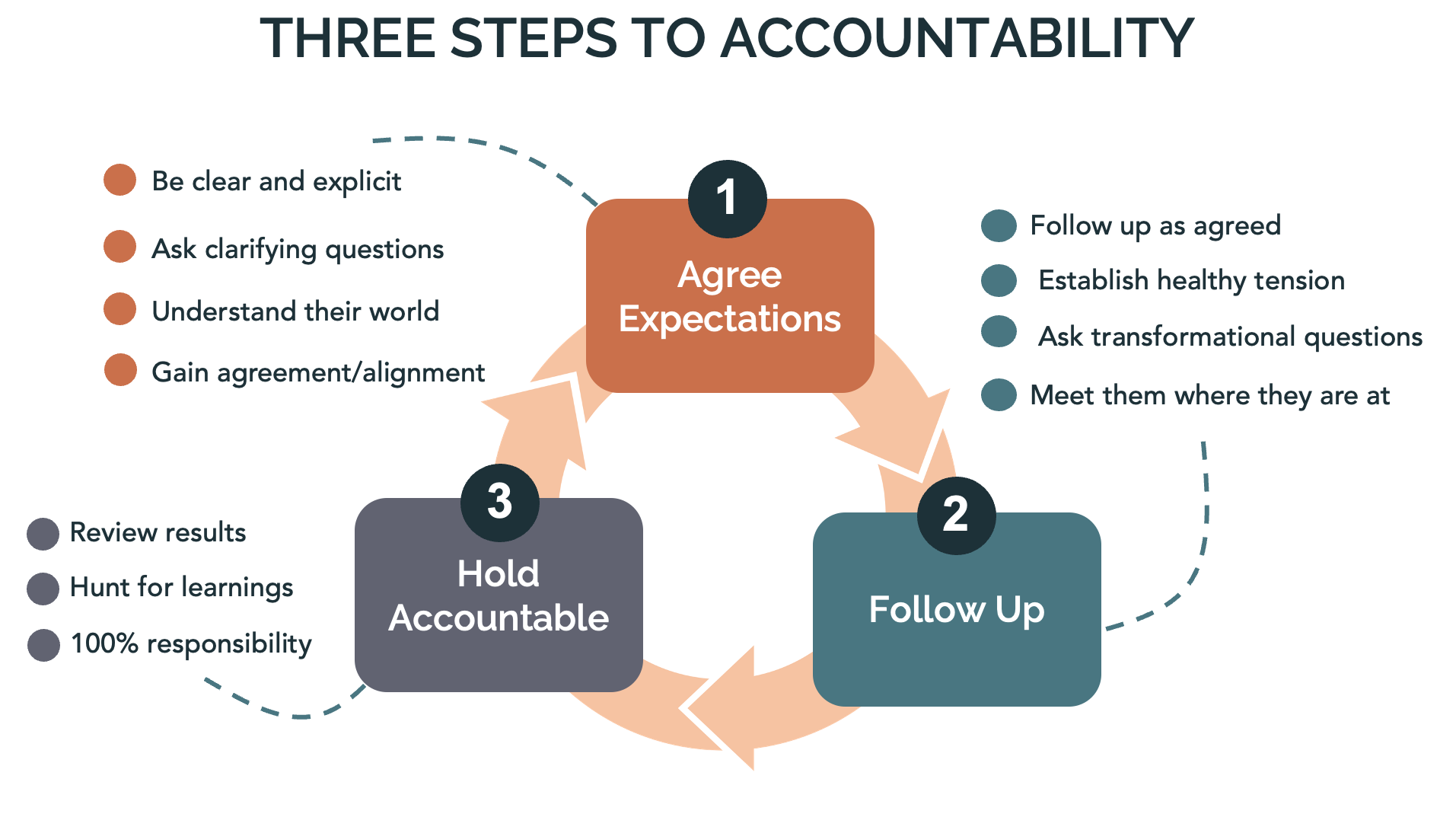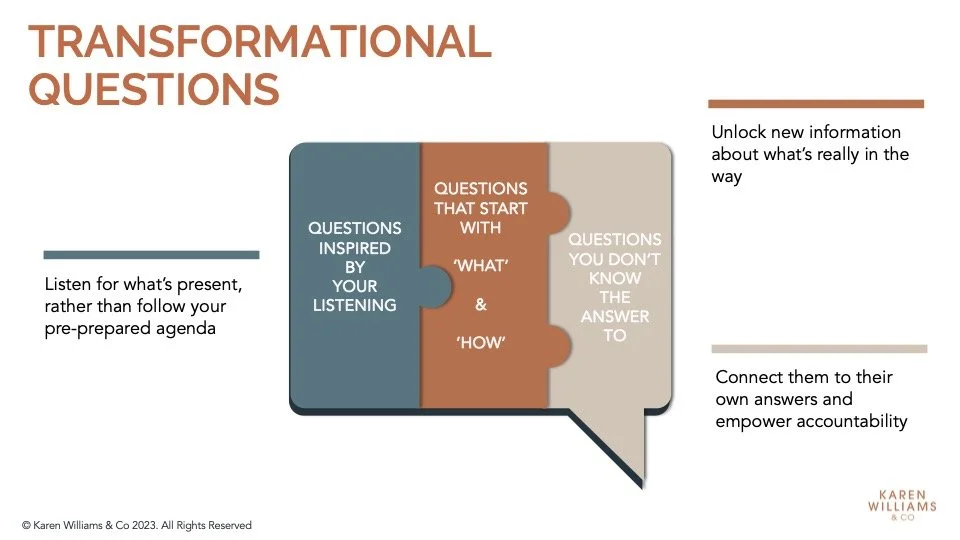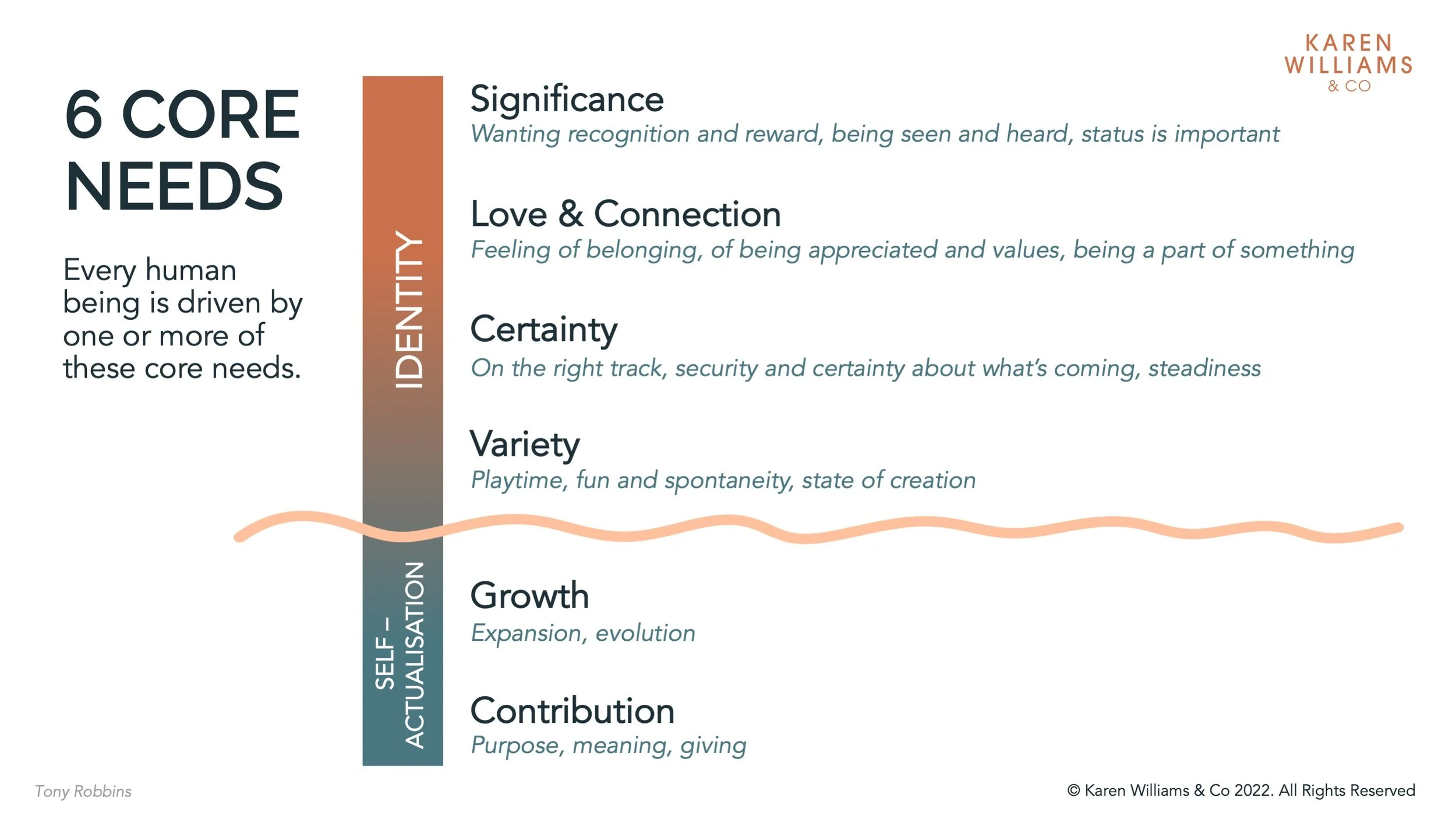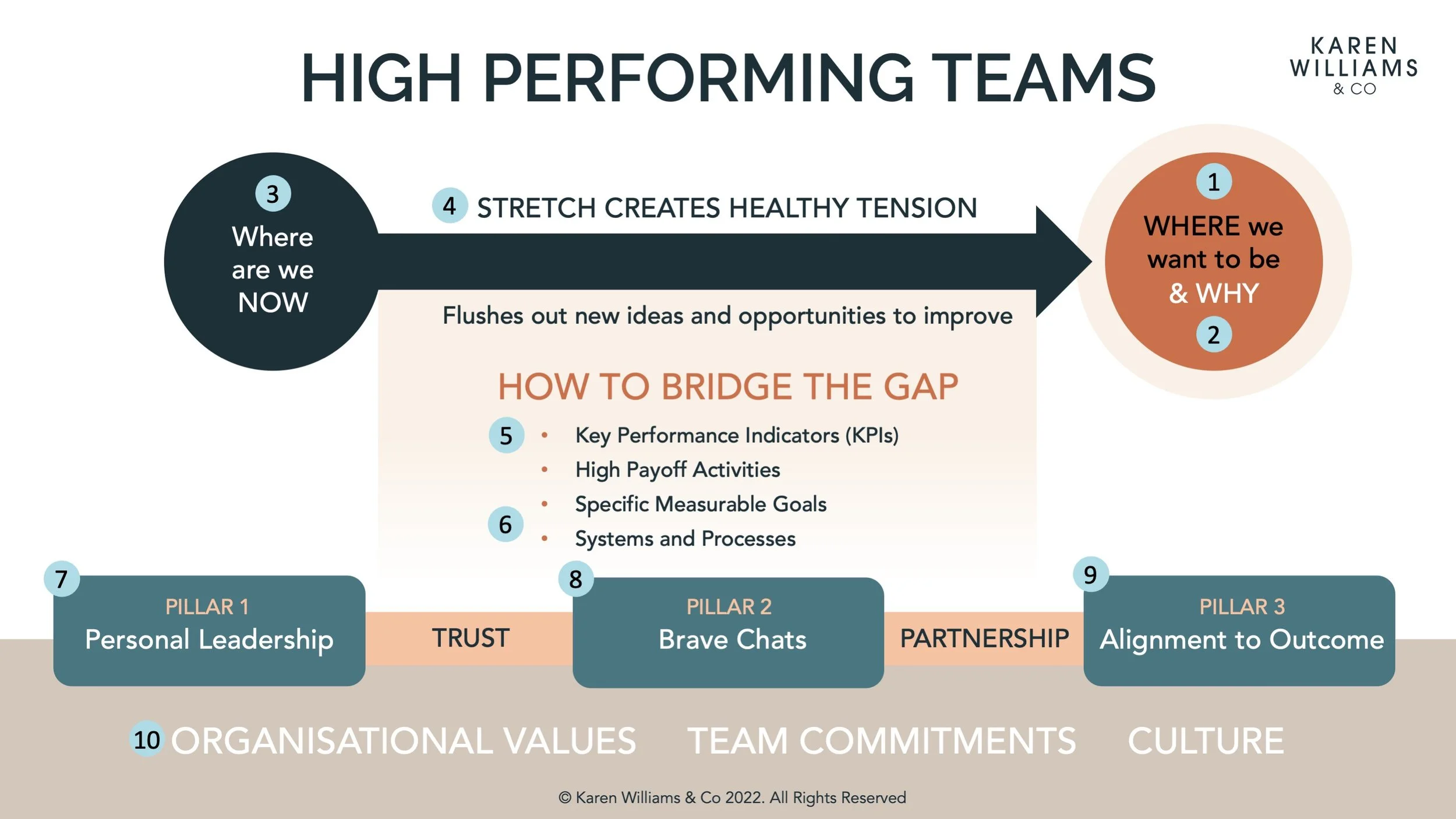LEADING OTHERS
“A leader is anyone who takes responsibility for finding the potential in people and process, and who has the courage to develop that potential.” Brene Brown.
Leading Others is the second level of The Leadership Excellence System™.
How we choose to lead, guide and coach others has a significant impact on their empowerment, confidence and results.
Leading Others well requires us to understand what makes human beings tick and adapt our style to bring out their best.
Without this knowledge and skill, a manager or leader can default to practiced habits that limit their positive influence and impact.
The tools and frameworks in Leading Others foundations provide everything you need to build high performing individuals and high performing teams so that you can achieve more together.
There are 4 levels in The Leadership Excellence System™. Each includes practical tools to develop your leadership, communication and influencing skills. Here’s how the 4 levels click together.
THE
LEADERSHIP EXCELLENCE SYSTEM™
Below are your foundational tools for Leading Others
Bring out the best in others through Partner State™
The Partner State is a key KW&Co framework that represents the importance of engaging both curiosity and intention when we are attempting to lead and coach others to achieve transformational results.
Most of us are well-practiced in either directing OR helping, and this practiced style has helped us achieve a level of success. But it also keeps us stuck in an exhausting pendulum swing between Director and Nurturer until we believe our only option is to retreat into Loner to recover.
Partner State helps us to grow our skills in building trust quickly, creating emotionally safe spaces and asking challenging questions that support and empower growth in others. Study the video and the slides to develop your Partner skills.
How to Build a Culture of Empowered Accountability - The 3 Steps to Accountability™
Research tells us that holding people accountable in ways that build trust and elevate performance, is one of the most difficult responsibility leaders and managers face. Many leaders put off the follow up, or alternatively they attempt to dominate or control conversations to achieve the outcome they’re seeking.
But when we invest more effort in establishing and clarifying expectations (Step 1), we build foundations for effective follow up, making accountability conversations much easier. Follow the framework below and use the example questions in your next goal focused conversation.
How to ask Transformational Questions™
Increasing performance in others requires us to become masterful at asking better questions. Because new questions ignite the brain to think in new ways which inspires new ideas and action.
Telling, advising and providing solutions may be helpful and even needed in some situations, but it’s not the solution for growing high performers who think independently and make more decisions.
When we want to have more influence, a powerful practice is to convert our opinion into a question - a ‘what’ or ‘how’ question.
Follow the steps below to turn your opinion into a question.
Here’s how to turn your opinion into a transformational question…
1.Catch my opinion in action
Practice self-awareness. If you notice yourself becoming defensive, justifying your behaviour, or trying to make a point, your opinion may have taken over!
2. Practice relaxing my opinion
Come back to the present moment and connect with your intent to be curious.
3. Generate my curiosity about the other person on purpose
Use reflective questions to generate curiosity. For example, you might ask yourself, ‘What’s their intention?’, ‘What are they not saying?’, ‘What’s most important for them?’
4. Listen for their greatness
Aim to listen beyond the words that have been said and step into the belief that we are all more than our behaviour in any moment.
5. Engage the tools I’ve learned so far
Use the Leading Self tools and the communication tools to support a new response, for example, being Above the Line, catching your triggers, flexing your communication.
6. Ask a question that’s inspired within me
Tune into your renewed curiosity and ask a question beginning with ‘what’ or ‘how’.
The 6 Core Needs - How to Influence Human Behaviour
10 Characteristics of High Performing Teams™
Download this content to understand the
Characteristics in more detail.
All content in this portal is the property of Karen Williams & Co.
To share or reproduce the content in any form, you must have the direct written permission of Karen Williams.





